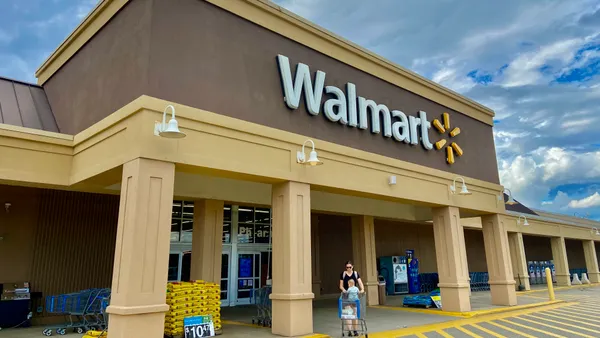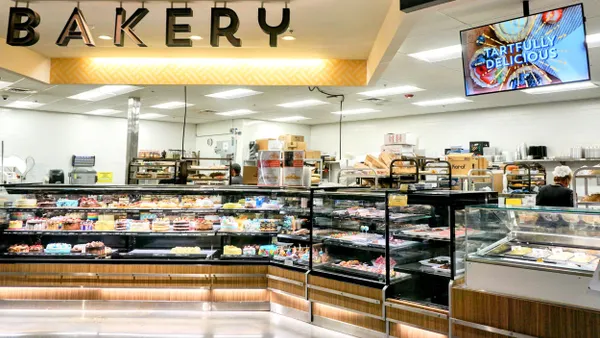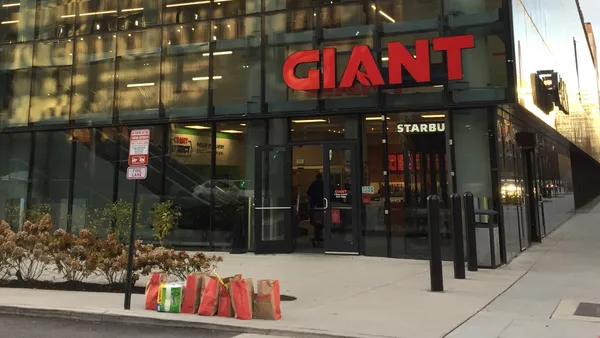Sustainability touches nearly every aspect of a grocer’s operations, and efforts by retailers so far this year to make their businesses more eco-friendly have included a variety of creative initiatives.
Food waste, in particular, has been a hot topic for grocers.
At the start of this year, Sprouts Farmers Market launched its Rescued Organics program, which brings to market misshapen, under-sized, over-sized or slightly off-color organic produce that would usually be discarded, to all of its approximately 130 of its California stores.
In March, Meijer and Flashfood announced the Midwestern chain became the first retailer to accept SNAP benefits through Flashfood, which allows customers to buy food nearing its expiration date at a discount. Tops Friendly Markets followed suit a few months later.
Grocers large and small have linked upcycling with their private label offerings. In April, Kroger unveiled two upcycled-ingredient breads to its Simple Truth private label brand. New Seasons Market, a 19-store chain in the Portland, Oregon, area, has been piloting an upcycling program that turns ground beef into taco meat and berries from the produce section into salad bar additions with the Center for EcoTechnology.
On the packaging front, Southeastern Grocers in March unveiled an autonomous ice micro-factory that makes the grocer’s new Party Cubes — a plastic-negative, packaged ice — on demand. Sprouts is currently transitioning away from non-recyclable polystyrene meat trays, having already switched 2.5 million trays to “widely recyclable” #1 PET trays.
Other efforts so far range from Walmart’s regenerative agriculture investment to Sam’s Club’s rollout of self-service recycling units at some of its stores.
Here’s a roundup of unique sustainability steps grocers have taken so far in 2023.














